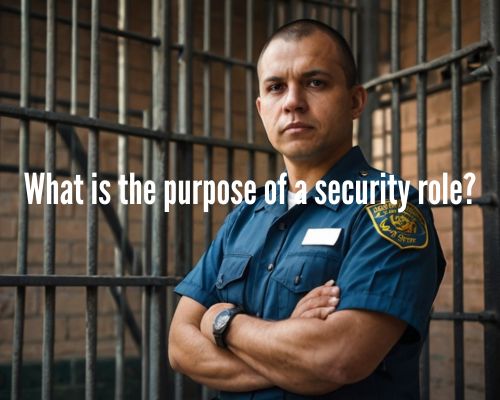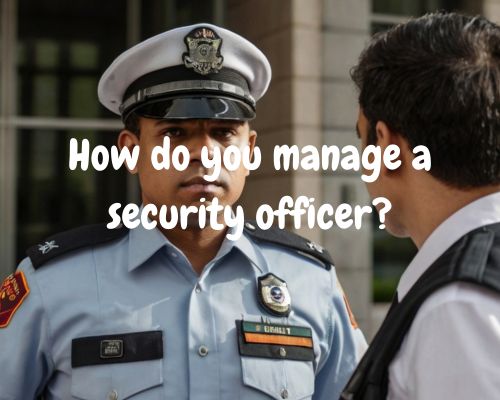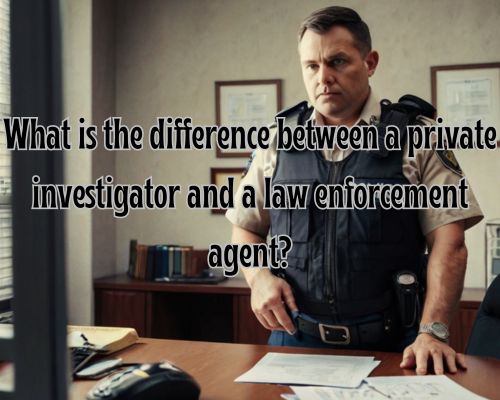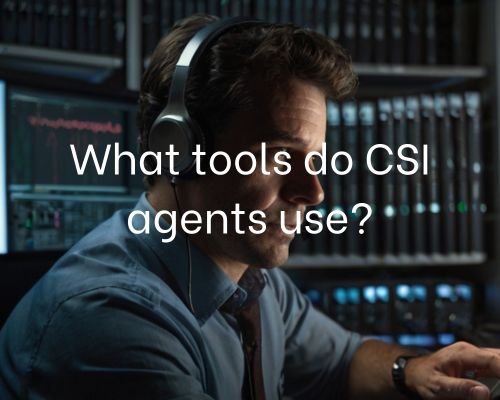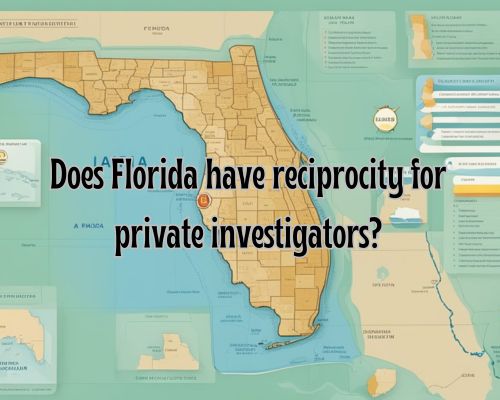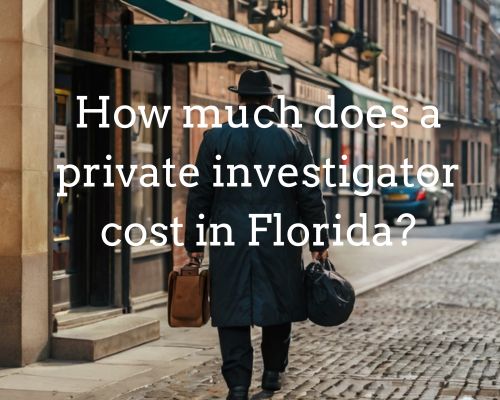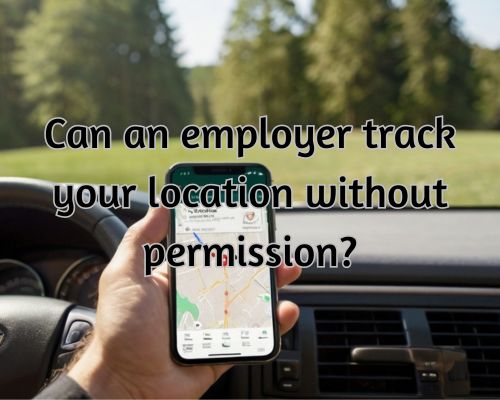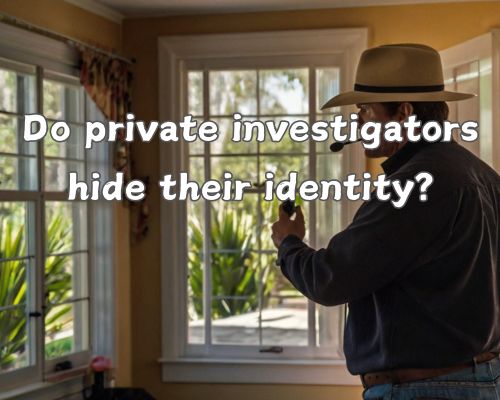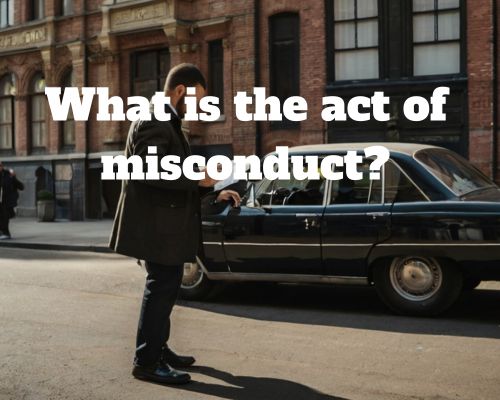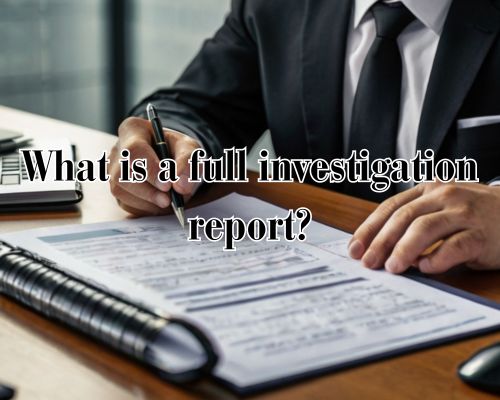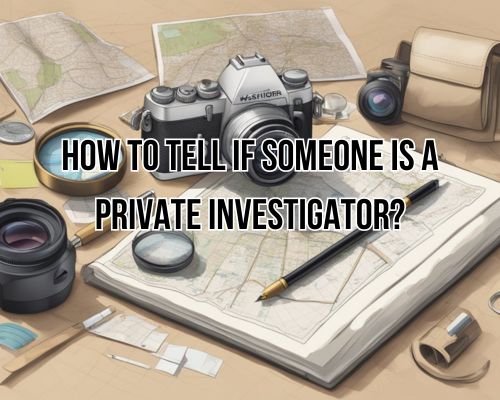Mastering the art of coaching involves understanding and implementing the Three Rs: Realism, Relevance, and Repetition. These principles form the foundation of effective coaching and are crucial for developing skills and fostering growth. Let us get to understand these more with Make It Happen Coaching.
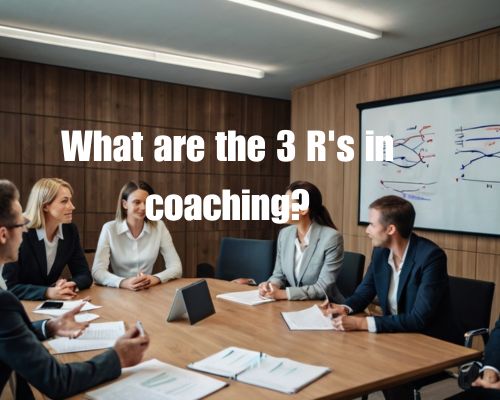
Realism ensures that training scenarios closely mimic real-life situations. This helps athletes and managers apply what they’ve learned more effectively.
Relevance underscores the importance of tailoring coaching methods to meet the specific needs and goals of individuals. By doing so, you make the training more meaningful and impactful.
Repetition solidifies learning, reinforcing new skills and habits through continuous practice.
Combined, the Three Rs create a robust framework that enhances both personal and professional development. Whether you’re an experienced coach or just starting out, applying these principles can significantly elevate your coaching strategy.
Understanding the 3 R’s in Coaching
To effectively improve coaching outcomes, focus on relevance, relationship building, and recognition. These core principles help ensure sessions are productive and meaningful to both individuals and groups.
Relevance: Connecting Coaching to Individual Needs
Relevance ensures your coaching sessions are meaningful to each person or team. Tailoring your approach to meet specific needs helps improve the effectiveness of your coaching.
Start by assessing skill levels and identifying areas that need improvement.
Then, consider specific goals and outcomes you want to achieve. Use these insights to create sessions that focus on relevant skills and challenges.
For example, if a team needs better communication, you can design exercises specifically to enhance this aspect.
Keeping sessions relevant boosts engagement and improves overall results.
Relationship: Building Trust and Rapport
Relationship is crucial in coaching. Building a strong rapport with those you coach fosters an environment of trust and open communication.
Show genuine interest in their progress and well-being.
Interaction is key—frequent, honest conversations help build a good relationship.
Trust allows for better feedback and helps individuals feel more comfortable sharing their struggles.
When you have a strong relationship, your coaching becomes more effective because the person or team feels understood and supported.
Recognition: Acknowledging and Rewarding Progress
Recognition involves acknowledging and rewarding progress. This keeps individuals motivated and lets them know their efforts are valued.
Providing timely and specific feedback helps people understand what they are doing well and where they can improve.
Great leaders recognize small victories and bigger achievements alike.
Rewards can be verbal praise, certificates, or even small tokens of appreciation.
Recognizing progress helps build momentum and encourages a culture of continuous improvement, driving better results for your coaching sessions.
Implementing the 3 R’s in Coaching Practices
Make It Happen Coaching highlights “Implementing the 3 R’s — realistic, relevant, and repetition — effectively can transform your coaching approach. Employing practical techniques and leveraging technology can enhance various sessions, skills, and team dynamics.”
Practical Techniques for Coaches
Focus on creating realistic scenarios that reflect actual game situations. This helps players develop applicable skills and remain engaged.
Build relevant exercises by understanding your team’s unique needs, integrating drills that target their weaknesses and strengths.
Use repetition to reinforce good habits. Consistent practice of the same techniques ensures mastery over time.
Remember, repetition shouldn’t become monotonous; vary drills slightly to maintain interest and challenge.
Interactive sessions with role-playing or simulated pressures can mimic competitive environments. These activities build both individual skills and team coherence under stress.
Establish clear goals and track progress to maintain focus and motivation.
Technology and Tools to Enhance Coaching
Utilize technology to make your coaching more effective.
Video analysis tools can provide in-depth feedback on team performance during sessions.
Email and messaging apps keep communication lines open, ensuring everyone is aligned on goals and expectations.
Integrate apps that offer downloadable materials, such as training plans and instructional videos.
These tools make it easy for players to review skills and concepts learned during sessions.
Use image and video sharing platforms to highlight exemplary performances for motivation.
Employ data analytics to track repetitions and identify areas needing improvement.
This data-driven approach helps in fine-tuning your methods and provides objective measures of progress.
Additonally, fostering an interactive coaching environment through online or mobile platforms can enhance relationship building remotely.

